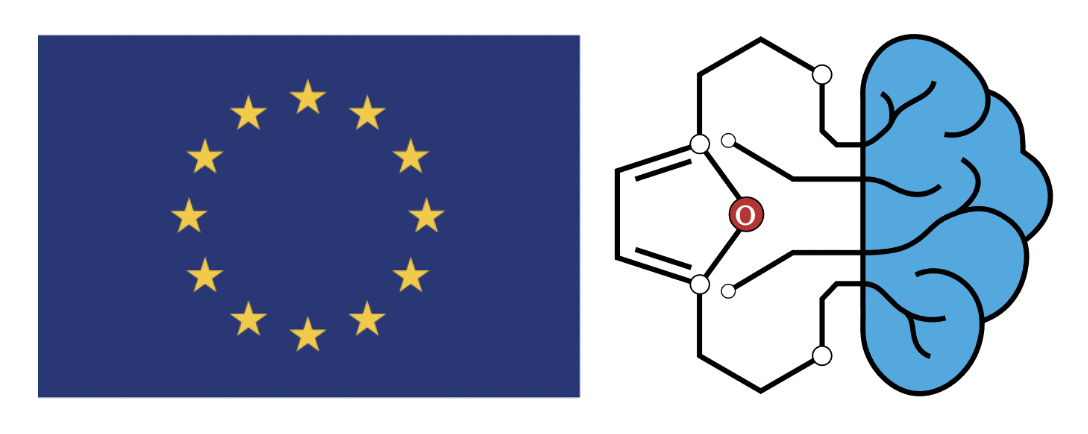
Helmholtz Munich (HMGU) is the German Research Center for Environmental Health. It investigates important common diseases which develop from the interaction of lifestyle, environmental factors and genetic risk factors, particularly chronic diseases such as diabetes, pulmonary diseases, allergies, cancers and cardiovascular diseases. Helmholtz Zentrum München is a research institution of the Federal Republic of Germany and the Free State of Bavaria and is part of the wider Helmholtz Association of German Research Centers. Excellent basic research is the foundation of scientific work at Helmholtz Munich, to which 40 scientific institutes and departments contribute. Their scientific competencies are linked with regard to content and thematically through strategic programs of the Helmholtz Association and are financed through program-oriented funding (POF). Thus, complex questions and problems relevant to science, society and the economy can be explored beyond the boundaries of institutions and disciplines. Since 2019, Helmholtz Munich has led the Helmholtz Artificial Intelligence Cooperation Unit (Helmholtz-AI), coordinated by Prof. Dr. Fabian Theis.
The work within this project will be perfomed within the Chemoinformatics group, which is part of the Institute of Structural Biology. Its main areas of expertise include SAR and QSAR, ADMETox model development, compound profiling, chemical similarity analysis, analysis of frequent hitters to support drug discovery projects within the centre. The group has developed an online CHEmical Modelling (OCHEM) platform http://ochem.eu for chemical property analysis and model publishing which went open source in 2022 https://github.com/openochem/openochem.
